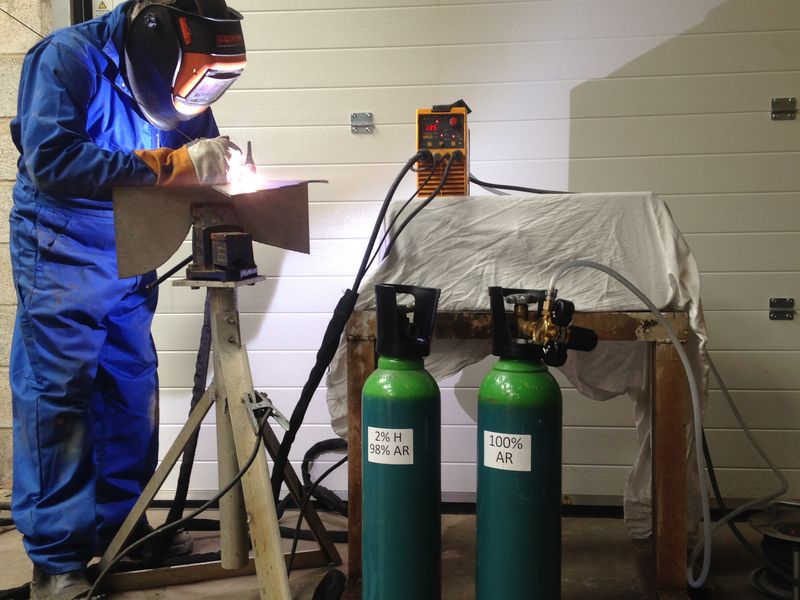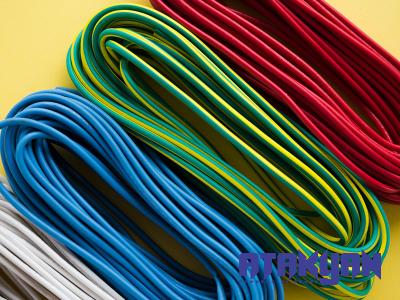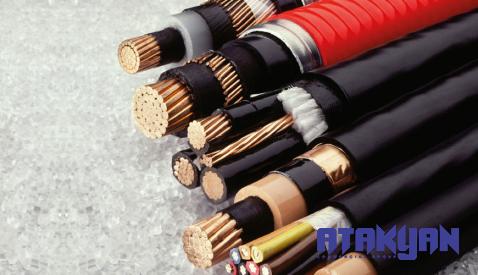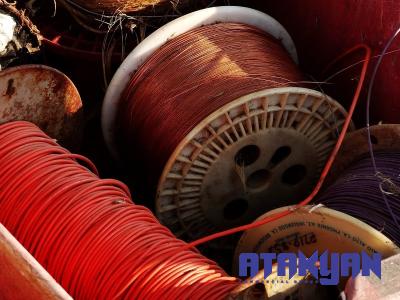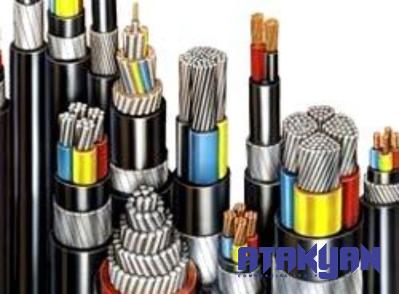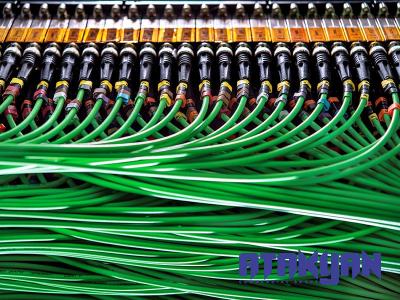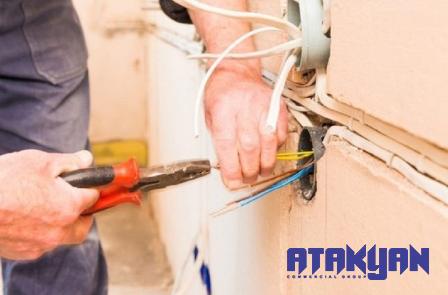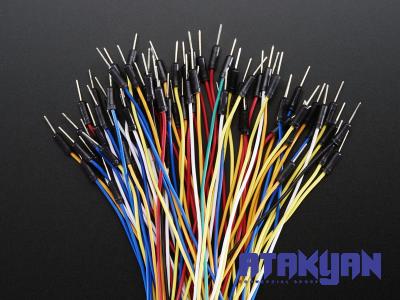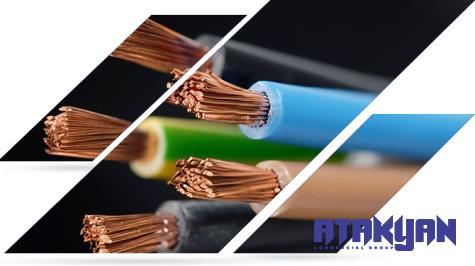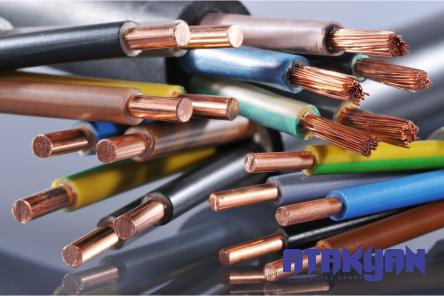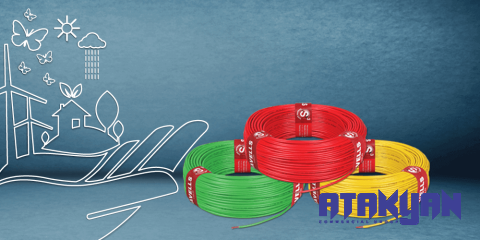Welding is a widely used process in various industries to join two or more materials together. One of the critical components of the welding process is the welding electrode, which serves as a consumable tool that helps create strong and durable bonds. Different materials require different types of welding electrodes to achieve optimal results. In this article, we will explore welding electrodes used for different materials, buying considerations, and the price range for these electrodes.
When it comes to welding electrodes, it’s important to understand that there is no one-size-fits-all solution. The choice of welding electrode depends on the material being welded, the desired joint strength, and the welding technique being used. Different materials have unique properties and characteristics, which necessitates the use of specific welding electrodes for effective and efficient welding.
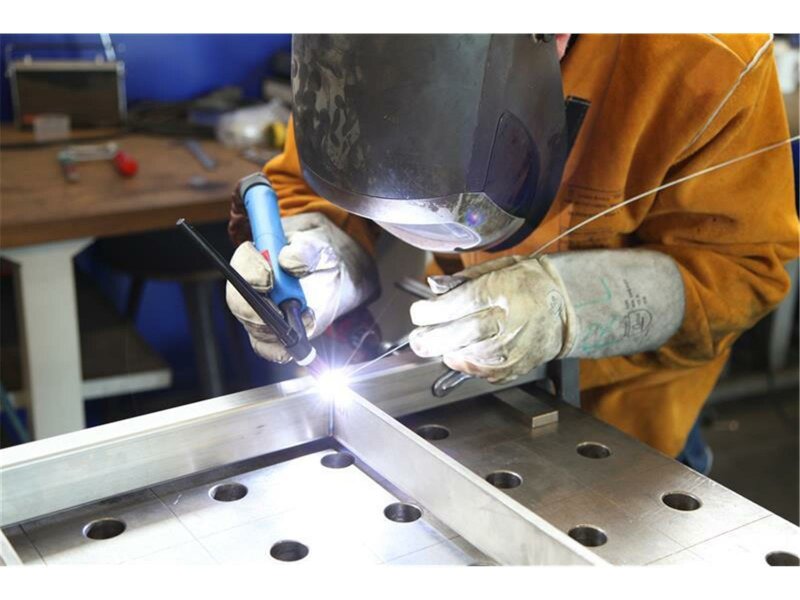
For mild steel, one of the most commonly used materials in welding, a general-purpose welding electrode like the E6013 is usually suitable. This electrode is versatile and can be used in various positions, making it an excellent choice for different welding projects involving mild steel.
On the other hand, stainless steel requires a different type of welding electrode due to its unique properties. In most cases, stainless steel welding electrodes carry an “E” prefix, followed by a number indicating the specific alloy composition. For instance, the E308 electrode is suitable for welding stainless steels of the 18Cr-8Ni composition. These electrodes are designed to provide excellent corrosion resistance and maintain the mechanical properties of stainless steel after welding.
In the case of aluminum, a different welding technique called Tungsten Inert Gas (TIG) welding is often used. TIG welding electrodes for aluminum typically have a higher tungsten content to withstand the high-temperature conditions of aluminum welding. Additionally, the electrode’s composition and surface treatment play a crucial role in minimizing tungsten inclusions in the weld and ensuring high-quality welding results.
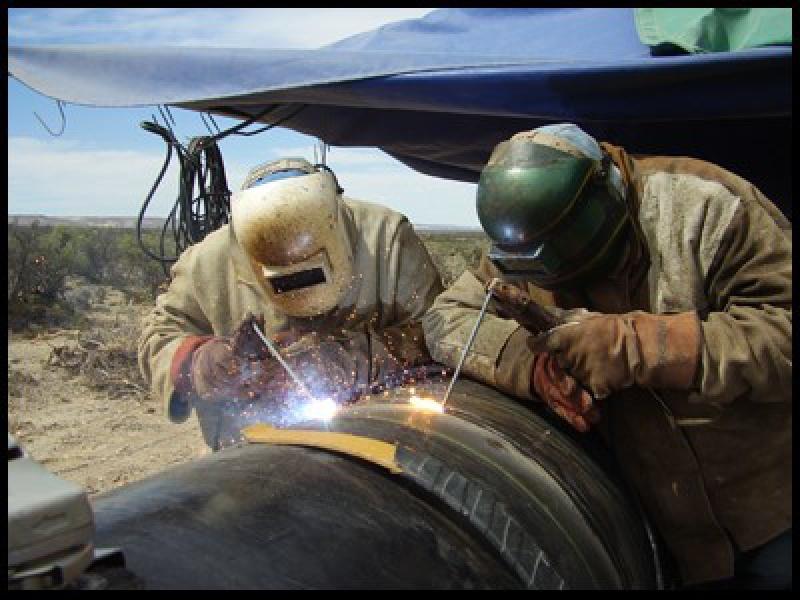
Buying welding electrodes used for different materials requires careful consideration to ensure the right electrodes are selected for specific welding applications. One key factor to look for is the classification of the welding electrode. The American Welding Society (AWS) has established specific codes and classifications for welding electrodes, which provide essential information about the electrode’s capabilities and suitability for different materials.
It is recommended to consult a welding supplier or expert who can guide you through the selection process based on your specific welding requirements. They can provide valuable advice on choosing the right welding electrode type, size, and welding technique to achieve the desired results. Additionally, they can also help with understanding the various AWS codes and classifications, which can often be confusing for those new to the welding industry.
Another crucial aspect to consider when buying welding electrodes is the packaging. It is essential to ensure proper storage and handling for optimal electrode performance. Electrodes are susceptible to moisture and contamination, which can affect their welding properties. Look for electrodes that come in hermetically sealed packaging to avoid moisture absorption and maintain electrode quality.
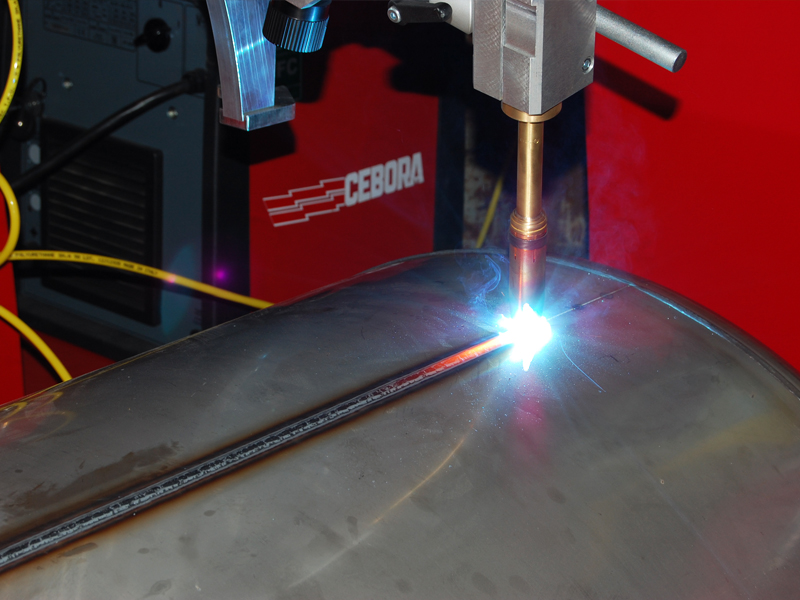
Now, let’s discuss the price range of welding electrodes used for different materials. The cost of welding electrodes varies depending on several factors such as electrode type, manufacturer, quantity purchased, and market demand. Generally, electrodes used for mild steel welding are more affordable compared to electrodes used for specialized materials like stainless steel or aluminum.
As an estimate, a pack of 10 general-purpose E6013 electrodes can range from $5 to $15, depending on the brand and quantity. Specific stainless steel electrodes can cost around $10 to $30 per pound, while aluminum TIG electrodes may range from $10 to $50 per pack. It is worth mentioning that prices can fluctuate over time due to market conditions and the availability of certain electrode types.
In conclusion, welding electrodes play a vital role in the welding process and must be carefully selected based on the material being welded. Different materials require different types of electrodes to achieve optimal welding results. When buying welding electrodes, it is essential to consider factors such as classification, packaging, and expert advice to ensure the right electrodes are chosen. The price range of welding electrodes varies depending on the type and material, with general-purpose electrodes being more affordable compared to specialized ones. By understanding the specific requirements and investing in the right welding electrodes, welders can achieve strong and durable welds, promoting the success and efficiency of their welding projects.
